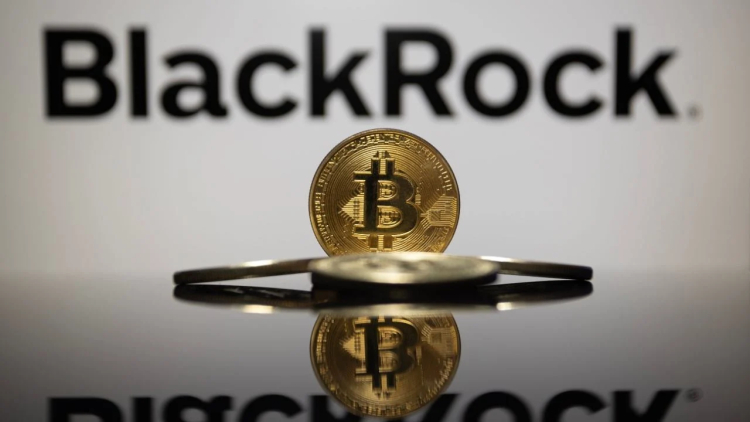Treasury Pick Holds Up to $500K in Blackrock Bitcoin ETF, Vows to Divest Over Conflicts
Treasury nominee Scott Bessent’s six-figure investment in Blackrock’s bitcoin ETF highlights crypto’s rise in elite portfolios. Learn about his divestment plans and policy implications.

Treasury Pick Holds Up to $500K in Blackrock Bitcoin ETF, Vows to Divest Over Conflicts
Blackrock Bitcoin ETF in Spotlight as Bessent’s Financial Ties Unveiled
Scott Bessent, President-elect Donald Trump’s nominee for Treasury secretary, has disclosed a personal investment ranging from $250,001 to $500,000 in Blackrock’s bitcoin exchange-traded fund (ETF), the iShares Bitcoin Trust (IBIT). This information, made public by the U.S. Office of Government Ethics during Bessent’s confirmation process, highlights the growing influence of cryptocurrencies within elite financial portfolios. Bessent’s overall portfolio is valued at a minimum of $521 million.
If confirmed, Bessent has pledged to divest assets that could create potential conflicts of interest, including the bitcoin ETF and other investments tied to his hedge fund, Key Square Group. This move aligns with federal ethics requirements for nominees to high-ranking government positions.
Blackrock Bitcoin ETF: A Symbol of Crypto’s Mainstream Integration
Blackrock’s bitcoin ETF, a key holding in Bessent’s portfolio, underscores the increasing acceptance of cryptocurrencies in traditional investment strategies. In addition to the ETF, Bessent’s financial disclosures list other notable assets, such as U.S. Treasury bills, Invesco funds, and currency-related investments. His hedge fund, known for managing significant macroeconomic positions, is expected to cease operations by the end of March.
Compliance and Divestiture
The divestiture process is mandated by federal law to ensure that nominees for government positions avoid financial conflicts of interest. While Bessent’s commitment to divest is clear, some of his investments may take time to unwind due to withdrawal restrictions. Certain holdings are not expected to be fully liquidated until September.
Federal regulations permit nominees to reinvest proceeds from divested assets into approved instruments, such as Treasury bills or mutual funds, to defer capital gains taxes.
Implications for Economic Policy and Cryptocurrency Regulation
As Treasury secretary, Bessent would oversee critical areas of U.S. economic policy, including cryptocurrency regulation and monetary policy. His diverse portfolio also features non-financial assets such as real estate in the Bahamas valued at over $5 million and a collection of art and antiques worth at least $1 million.
Bessent’s confirmation hearing is likely to scrutinize both his financial interests and his stance on digital assets, offering insights into the future of U.S. economic and regulatory policy.
What's Your Reaction?















